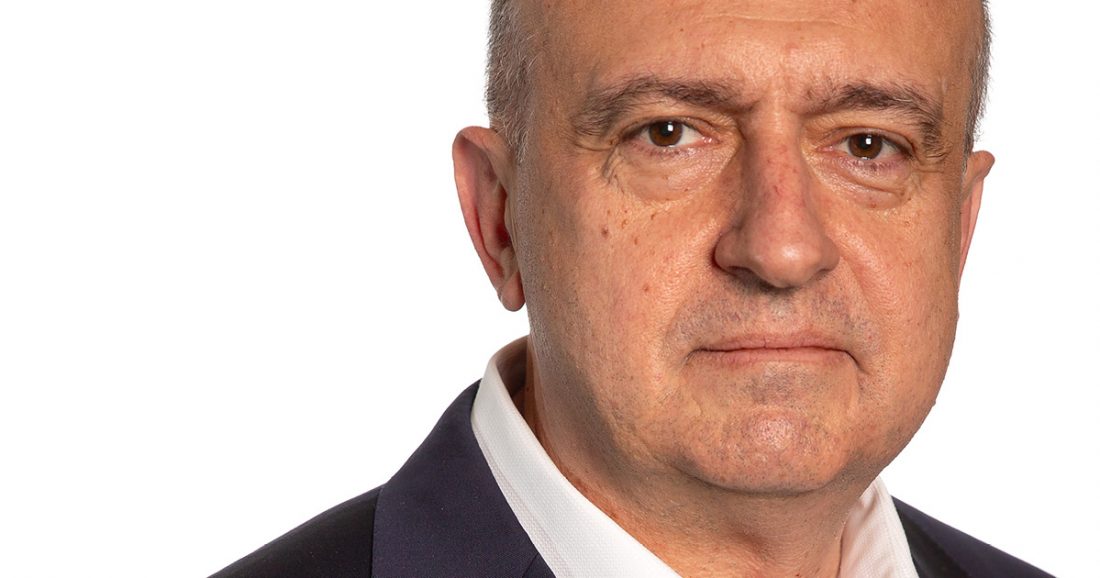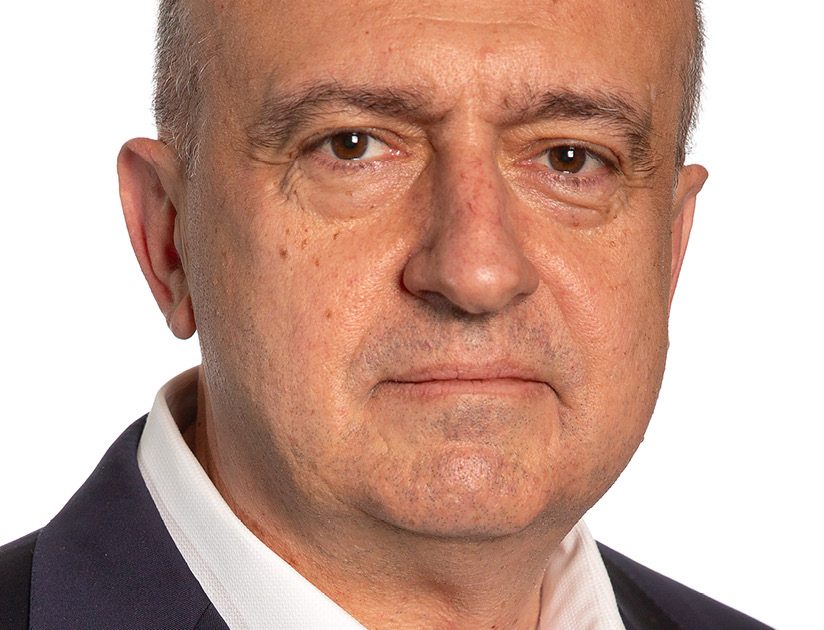Australia is preparing for the next era of energy. And much of that work is going on behind the scenes or underground, where the infrastructure assets that carry our power are being enhanced for what’s coming.
As a necessary undertaking to get us from here to there, it’s a largely unsung effort, but the companies behind it have a deep understanding of its immense importance. According to Peter Iancov, Managing Director at Zinfra, which is the leading service provider to the Australian utility infrastructure sector, it’s an interesting time.
“From an energy perspective, we’ll continue to operate on both the electricity and gas infrastructure sides,” he tells The CEO Magazine. “We’ll be electrifying commercial and industrial sectors, we’ll construct, operate and maintain electrical and gas assets and then we’ll also be a part of building critical infrastructure assets, some of which we’ll operate and manage.”
In collaboration with
Wasco Australia

While this work isn’t dissimilar from Zinfra’s bread and butter, Iancov says the energy transition will ensure the business’ workload grows in line with the market transition.
“Everybody has a view on how big the challenge is, what is required to achieve the end outcome and ultimately how much work will be out there, but there’ll definitely be plenty of opportunities for Zinfra to grow and develop into a major regional player,” he says.
Change of Pace
An engineer by profession, Iancov is no stranger to critical infrastructure projects and assets. “I’ve been involved with electrical and gas transmission and distribution infrastructure in the past, including renewable projects,” he says. “And I was also the Group CEO of a contracting business before I entered what I thought would be semi-retirement in 2013.”
Content to join a number of boards as a non-executive director and run an advisory business servicing high-net-worth families and a few privately owned corporations, Iancov and his team were eventually invited to work with some major global oil and gas companies in an advisory role.
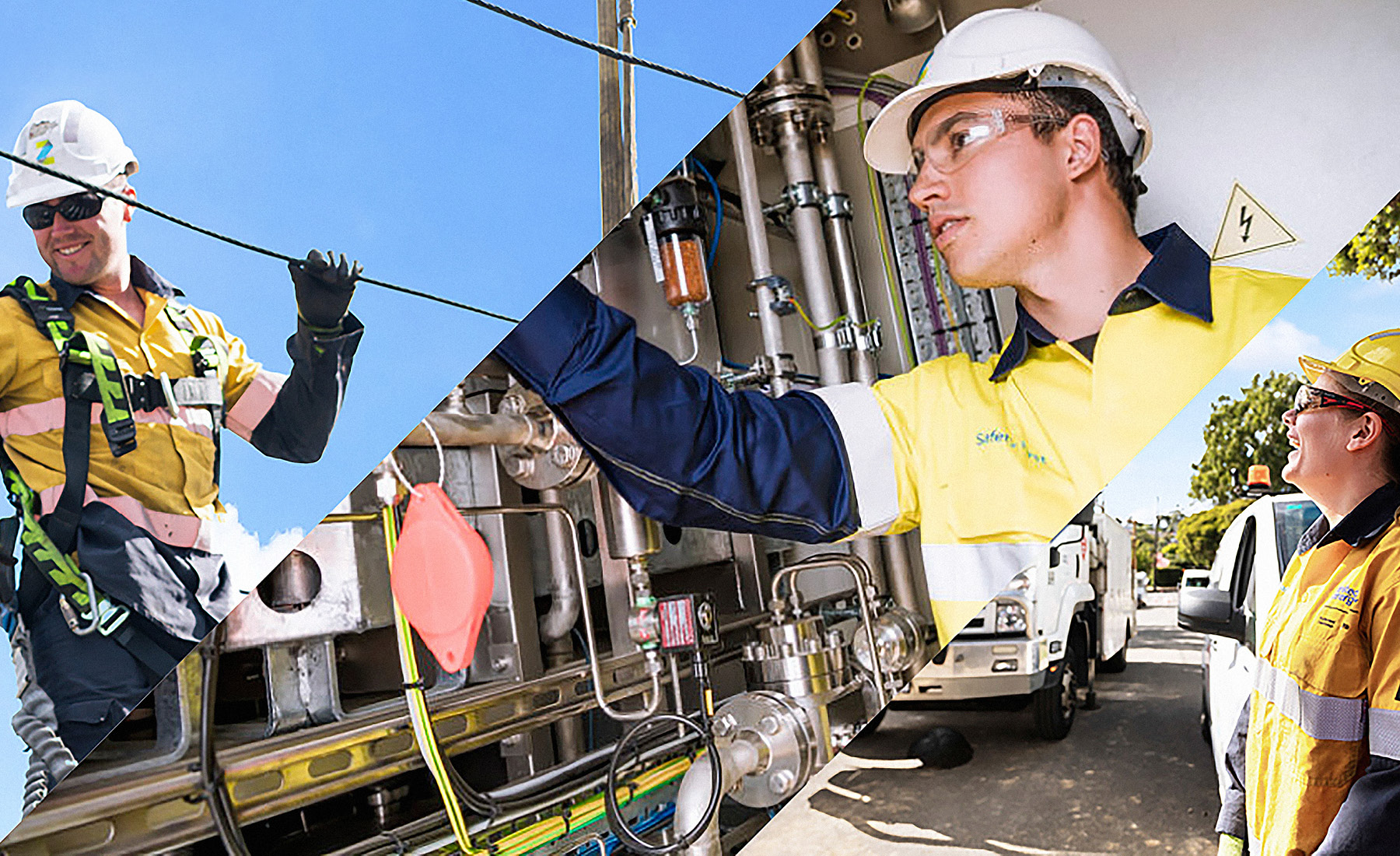
“There’ll definitely be plenty of opportunities for Zinfra to grow.”
“Along the journey, I ended up advising Jemena on a large gas transmission project and offering a strategic review on the Zinfra business,” he recalls.
“It eventually became clear that Zinfra was adding value to the assets owned by Jemena and a few other customers, but the business required a healthy transformation to allow its value to be represented on the balance sheet. The opportunity was quite exciting and having done it a few times before, I took the challenge in 2019 and never looked back.”
Pole Position
Four-and-a-half years later, Iancov’s leadership has helped place Zinfra in a prime position to service key energy asset owners and to participate in the energy transition.
“That transition will happen on multiple levels,” Iancov says. “As we embark on a path of exiting fossil fuels to an electrified world, it’s likely gas will be around a little longer as a key enabler for the transition to happen in a planned, efficient, fair and equitable way.”
While Zinfra will have a role in the development of the electrical infrastructure required to support the economy, it will also be involved in gas infrastructure projects. In so far as renewable gases are concerned, it has begun its learning journey by building two pilot projects – one hydrogen generation and the other renewable gas – both in New South Wales.
“That way we have successfully acquired the skills that we, and our customers, need for the future,” he says.
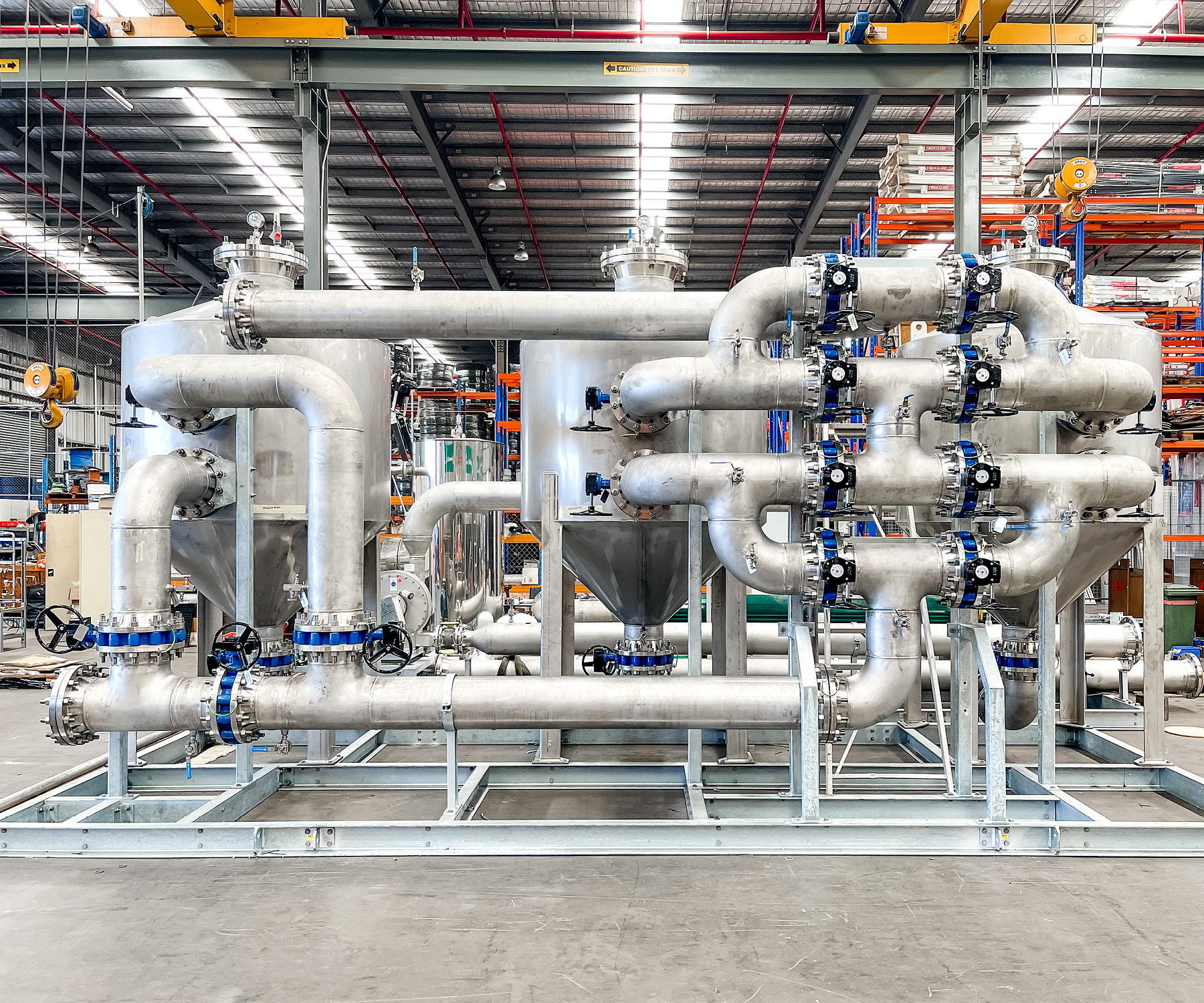
“As we move from fossil fuels to electrification, it’s likely gas will be around a little longer and help that transition happen.”
Of the different opportunities the energy transition could take, Zinfra will be focusing on energy storage and connections to existing energy transportation infrastructure.
As conduits from sunny or windy areas to energy storage facilities to the end consumer, transmission and distribution connectors will be required over time. “This infrastructure will either transfer electrons – electrical connectors – or renewable gas connectors. And then dealing with carbon is always something to consider,” he says.
“People talk a lot about carbon sequestration, storage and transportation. We may find that for a while we cannot electrify everything and achieve a fair and equitable transition, which means society will need to deal with carbon emissions. This presents an opportunity for those in this industry, including Zinfra.”
Good Things Take Time
These are all opportunities for Zinfra but Iancov admits that, at the same time, there are a number of challenges faced by the company and by the industry at large. These challenges include the availability of a skilled workforce in sufficient numbers and distribution across a vast country like Australia, security and availability of quality supply chains and appropriate planning of works over the next 10–20 years.
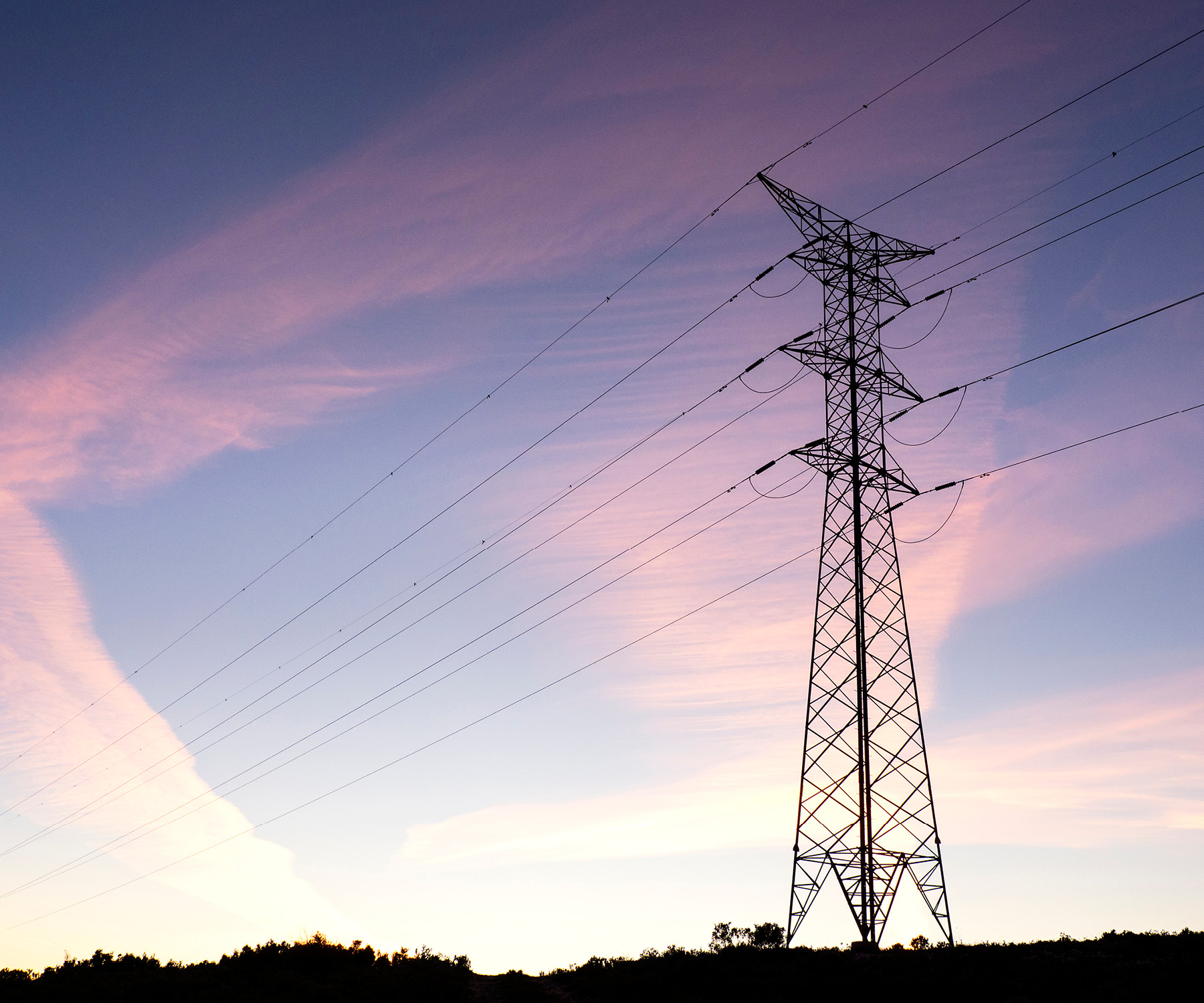
“Trust, as a value, is difficult to achieve because it takes a long time to garner and it’s also very easy to lose.”
“There was a long period in the Australian market where there were no new apprentices or engineers being employed in sufficient numbers,” he says. “To some extent, we’ve recovered, but not for current requirements,” Iancov says. “Looking at the energy transition, we probably need 10–15 times more skilled resources than we currently have.”
The solution, he says, is unlikely to be importing foreign workers. “Migration is expensive, complex to achieve due to licensing requirements, and differences in skills and competencies need to be taken into consideration,” he says. “Also because everyone around the world is facing the same energy transition.”
Training a competent local workforce is likely to offer a more secure and stable outcome. “Training is what is happening at the moment and is likely to increase but it takes time,” he says.
“If we want a fast transition, a lack of resources is the first hurdle to overcome. We either find a way to accelerate training, or we’ll have no choice but to accept a delay in the energy transition.”
Family Matters
Zinfra is tackling this issue by employing apprentices at a higher level than the industry average. “We offer them maximum exposure to real and meaningful work along with practical and transferable skills development,” Iancov says.
“They need formal training, not just on-the-job training, so we’re also engaging with colleges and universities to try and attract as many graduates as we can gainfully employ.”

Advertisement
Once their new people, either skilled or in training, join Zinfra, the company does all it can to keep them. “They become part of our family, basically,” Iancov says.
While many of these new recruits are local, many skilled staff are brought in from Europe and, in particular, the United Kingdom and Ireland. “The energy transition has been discussed quite a bit, but the amount of work it will generate isn’t yet known and assumptions can be costly for all involved,” he says.
“So those two basic recruitment strategies give us a bit of breathing space in the meantime.”
Better Together
Zinfra’s latest team members and external partners are brought into a culture of trust, Iancov says. “Trust, as a value, is difficult to achieve because it takes a long time to garner and it’s also very easy to lose,” he says. “But when I started, we decided we wanted to be known as a trusted partner in the energy transition, so it has become our company vision and base value.”
Employees and external partners alike are part of Zinfra’s value system. “We want to be trusted by our shareholders and our team, of course, but also the suppliers and subcontractors and communities we work in,” he says.
“We apply trust as a key value across the business. Integrity is fundamental to building that trust, so we encourage people to do the right thing all the time, especially when nobody’s watching.”
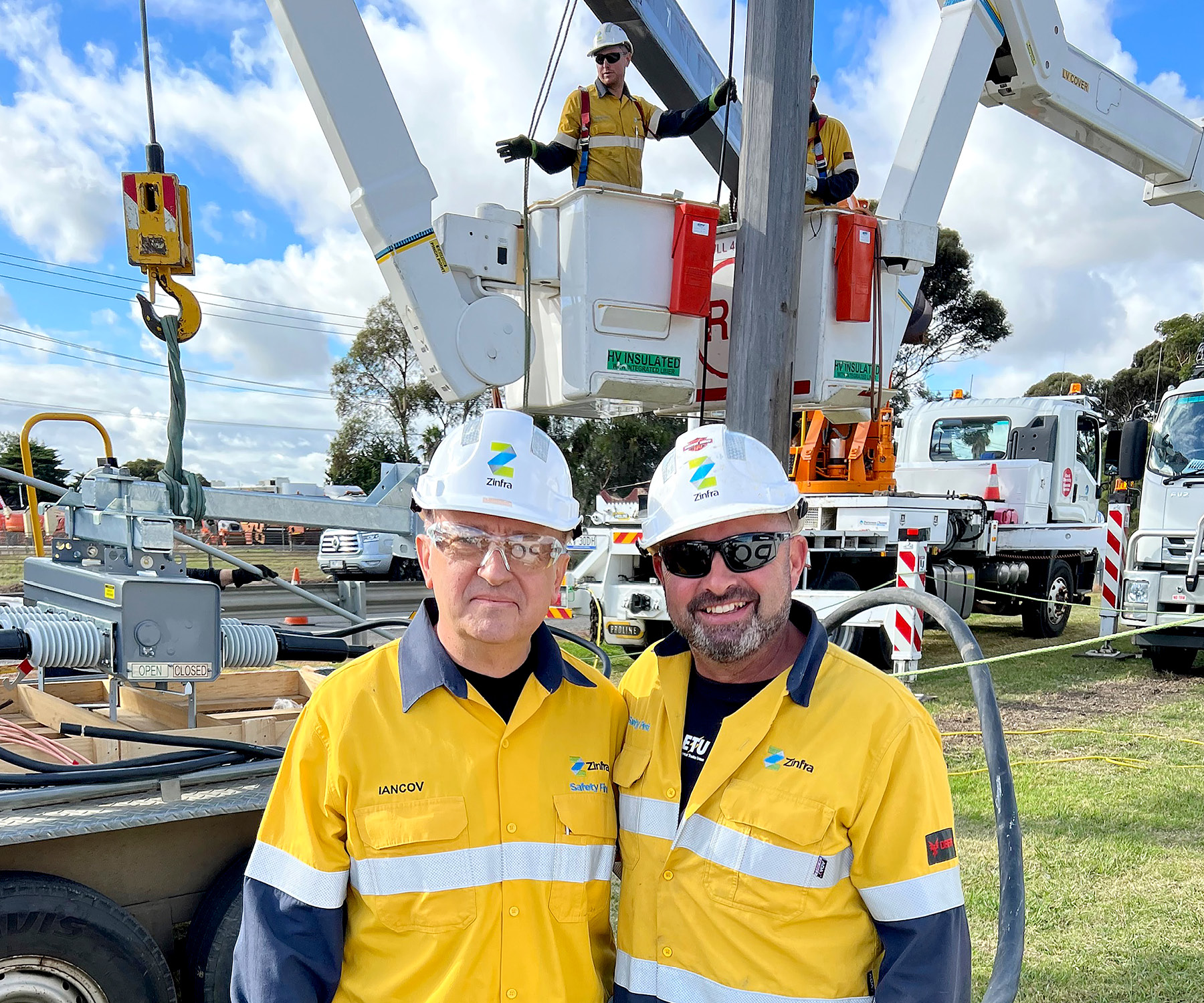
“We apply trust as a key value across the business.”
The other key value in Zinfra’s line of work is teamwork. “We accept we can’t do everything individually,” Iancov says.
“We need to work together. We call that value ‘better together’ because sometimes you don’t actually need to have a team to deliver. Sometimes, collaboration is enough, and if we’re together solving problems, be it ours or our customers’ problems, we will do better.”
Power Of Integrity
It’s this that Iancov is most proud of during his time with Zinfra. “We’ve managed to build a team that’s ready and courageous enough to be better,” he says.
“Our shareholders actually trust us with their assets and support us in where we want to go. Our customers really appreciate the work we do and they support us by inviting us to participate in better and longer-term arrangements.”
And then there’s the fact that integrity goes a long way. “We do the right thing by our suppliers and vendors, and they see us as a company that’s honest and fair,” he says.
“That doesn’t mean we always agree on everything – we’re pretty tough when it comes to safety and quality of delivery – but we keep our promises, we pay people on time and we try not to make mistakes there.”
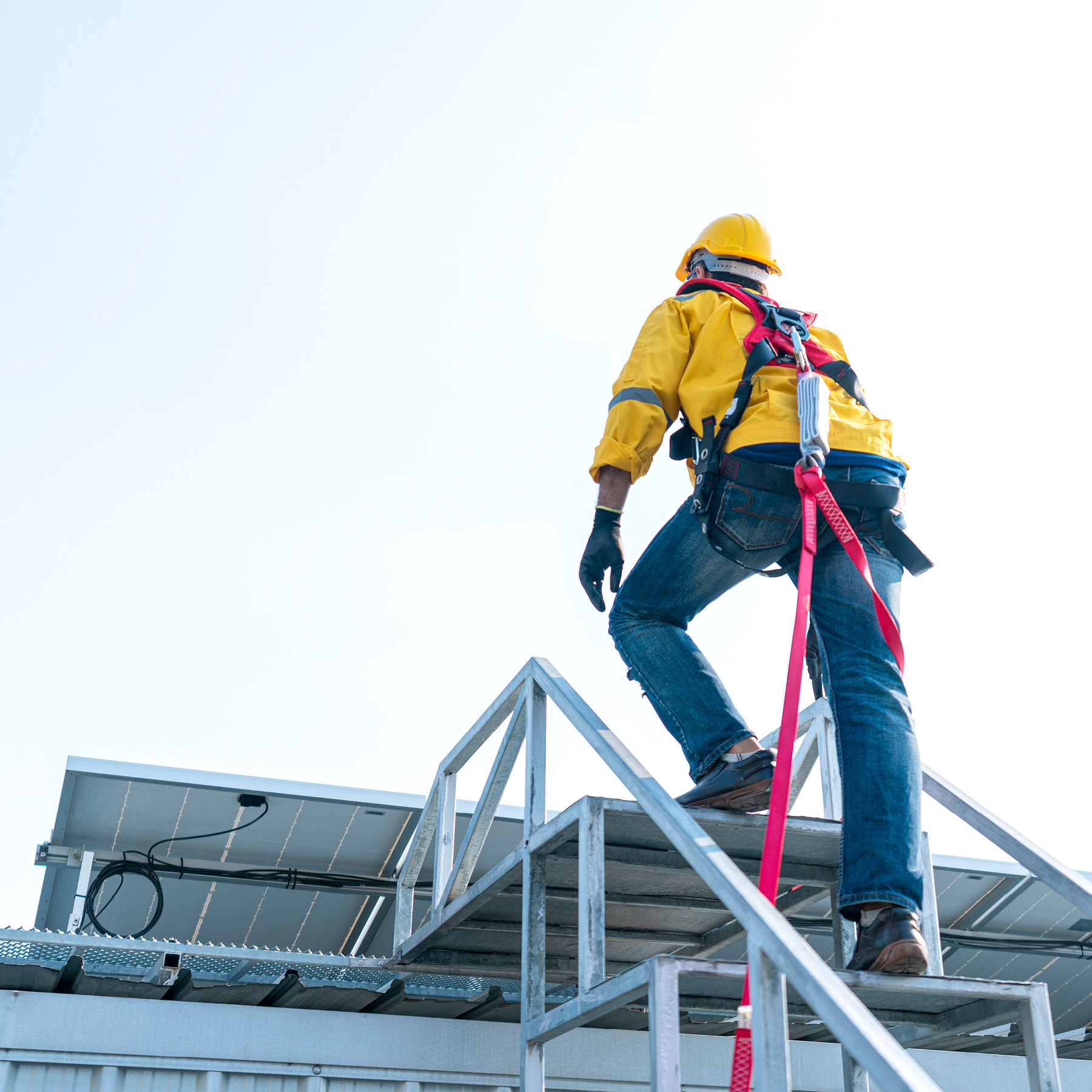
“We try to be clear early on about what we want our suppliers to deliver.”
For Zinfra, doing right by suppliers means taking extra care, even in the early planning stages of a job. “We try to be clear early on about what we want our suppliers to deliver,” he says.
“We try to keep it simple, and we try to fill in any capability gaps if we feel that, for example, they require support in terms of environmental management, community interface or safety. Their people are considered our people and the same rules and attention to safety apply.”
In the case of larger suppliers, Zinfra is happy to engage resources required for the upkeep of such relationships. “We try not to have too many larger OEMs as partners because it takes a lot to manage, but we do aim to help each other become better in whatever we do together,” Iancov says.
Power Pack
As a wholly owned subsidiary of SGSP (Australia) Assets, Zinfra’s biggest shareholders are two of the largest energy utilities in the world – State Grid Corporation of China and Singapore Power.
This gives the company strong access to supply chains, technology, know-how, materials and equipment at the quality and pricing usually offered to much larger businesses and, sometimes, different scale economies.
“It allows us to access a competitive advantage position better than many can hope for, which leads to the ability to do certain things differently, such as winning stable long-term engagements,” Iancov says.
“This also allows us to offer our people a safe and stable working environment where empowering, trusting relationships and career paths are actual outcomes and not just simple words. We can give them an environment that many of them believe is more empowering than in other places.”
Zinfra also prioritizes diversity in an industry typically resistant to it. “It’s been off the executive agenda for a long time. We’re pushing back quite hard there and it is important to us because it brings together a range of perspectives, experiences and skills that foster innovation and creativity,” Iancov says.
“It also enhances operational performance and better decision-making by considering a variety of viewpoints.”
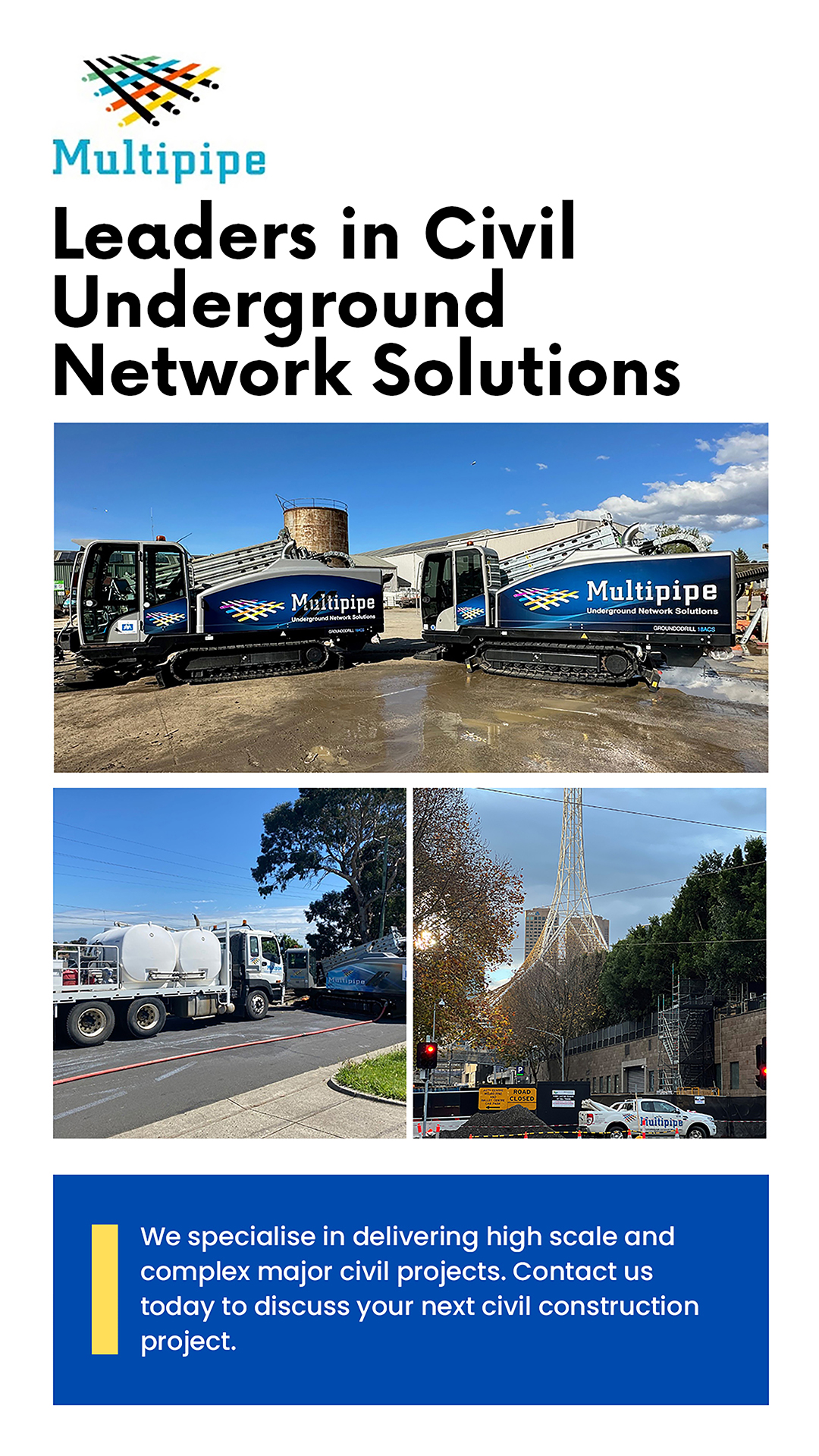
Advertisement
There’s also strong and meaningful engagement with the Indigenous communities in the areas in which Zinfra works. “I think that sets us apart as well,” he says.
With so much on the horizon for the energy industry – and so much at stake for the communities that rely on it – Iancov knows Zinfra must get things right. While there’s certainly pressure, the foundation of trust and integrity Zinfra has built upon will help to keep the company steady during turbulent times.
“In energy infrastructure, if one component falls, everything falls and many people are impacted,” he says. “We want to be a trusted partner to our clients, our people and our suppliers so we can grow and benefit together as we serve the community.”

